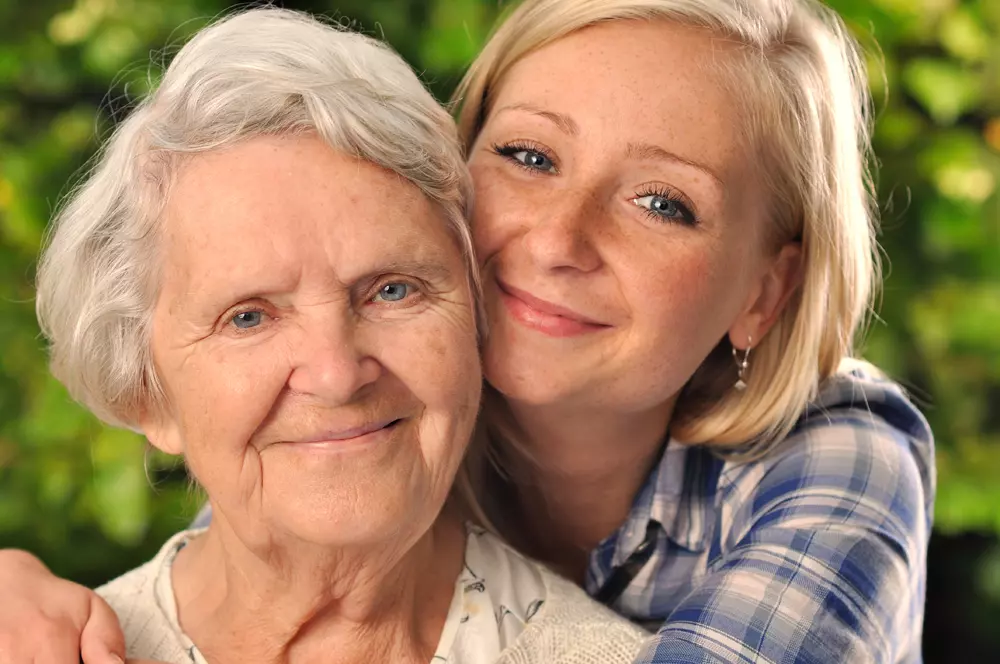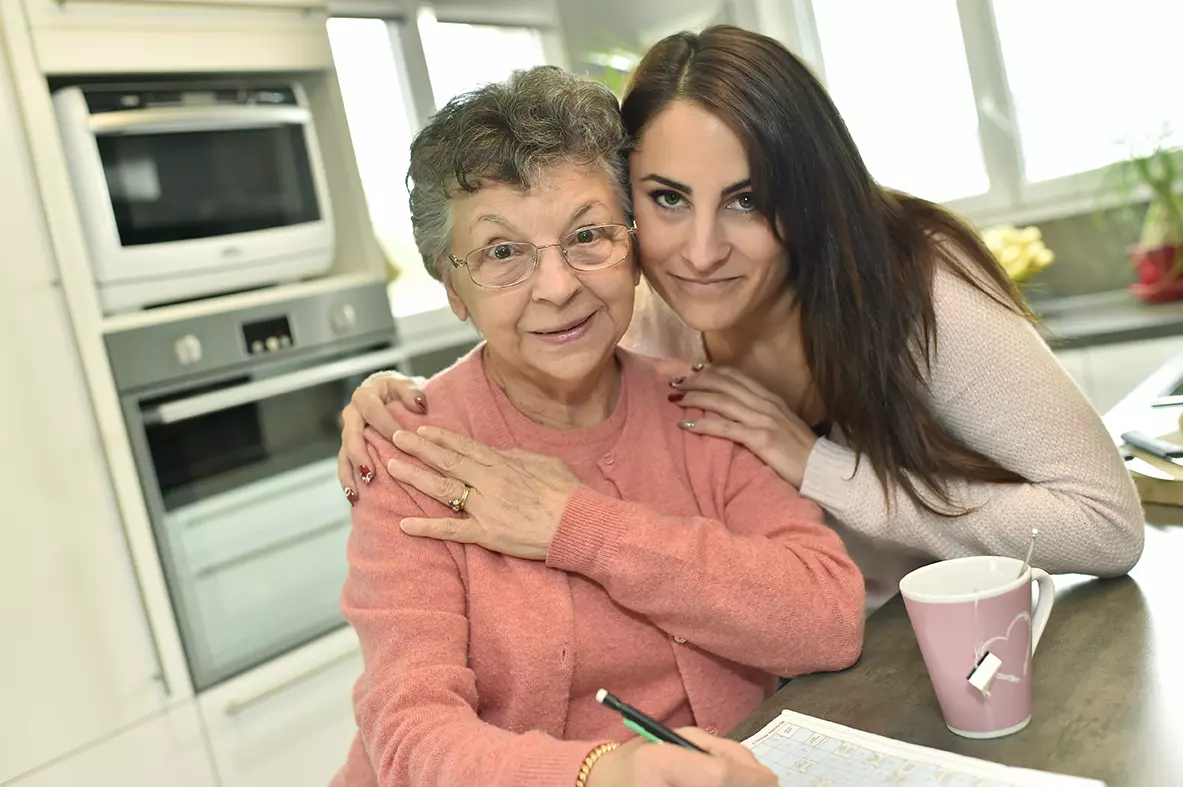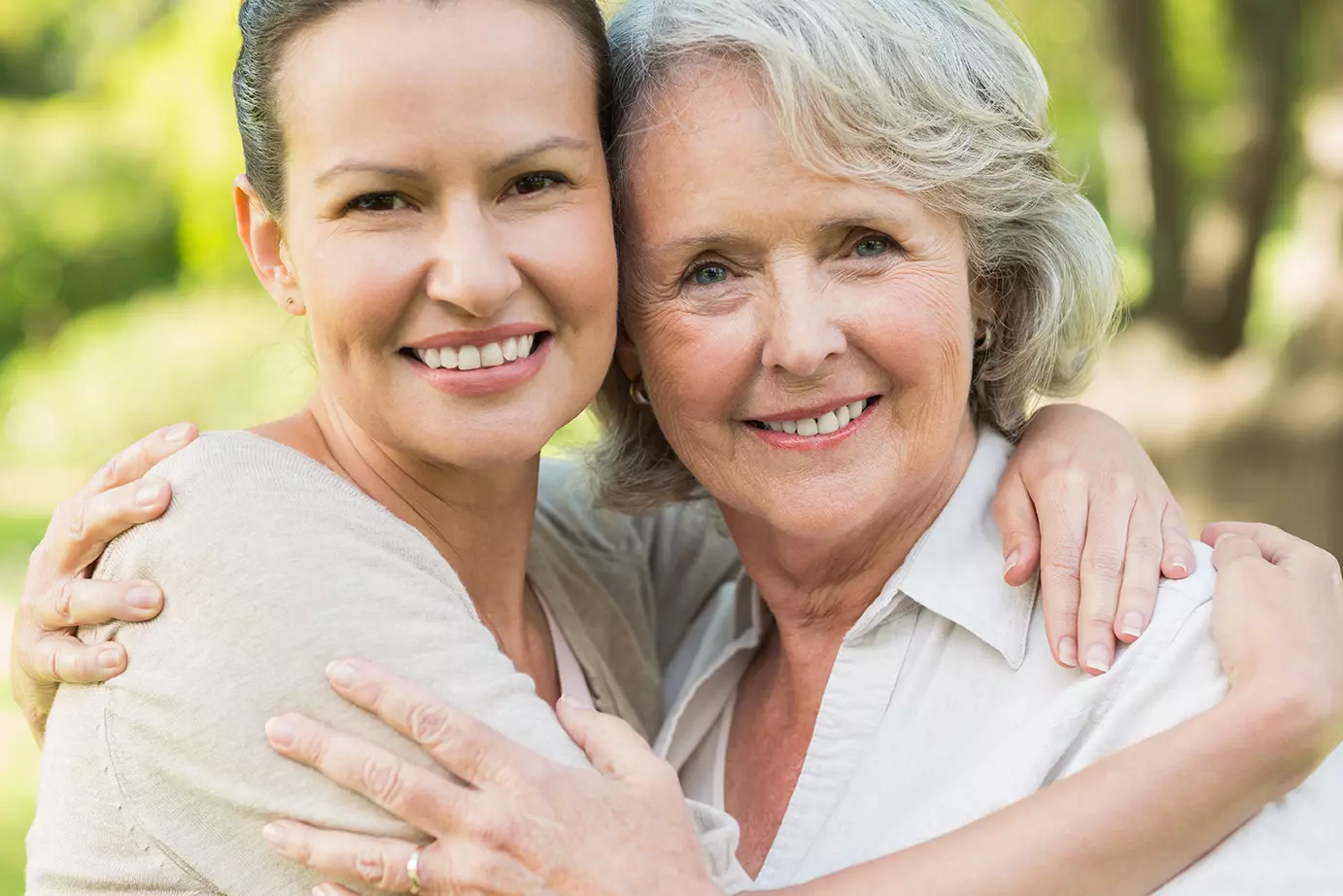
A recent investigation published in the Spanish newspaper El Pais has unveiled surprising insights into the patterns of coronavirus transmission in enclosed spaces. Let's take a closer look at what you need to know to decrease the risk of contracting the virus and, most importantly, how to protect our elderly residents in care facilities.
Before delving into the virus transmission scenarios, the El Pais article emphasizes that, although indoor spaces are riskier, it is possible to significantly reduce the risks by neutralizing aerosol-based transmission vectors.
These results confirm the theory of COVID-19 transmission through aerosols, tiny particles exhaled by infected individuals that remain suspended in the air within enclosed spaces. While larger respiratory droplets fall to the ground, infectious aerosol particles linger and accumulate in the air in the absence of proper ventilation.
Common sources of contamination
The study also sheds light on why certain enclosed spaces like bars, restaurants, and nightclubs could be potent sources of contagion. "Each contamination cluster in a nightclub results in an average of 27 infected people, compared to only six infections in family gatherings." Following similar principles as mentioned earlier, the authors explain how, in a bar, the number of infected individuals can drop from 14 to 8 with mask-wearing and to just one if exposure time is reduced, and the bar has effective ventilation.
How to protect the elderly from contamination?
Find YOUR ideal care home NOW!
There are several modes of transmission, with contaminated surfaces considered the least likely source. Next come respiratory droplets expelled when coughing or sneezing, which can reach the eyes, mouth, and nose of another person. Finally, there are aerosols that linger in the air and can cause contamination. Shouting or singing in a poorly ventilated room can also pose contamination risks. The longer one spends with a contagious person in an enclosed setting, the greater the risk. This emphasizes that ventilation and reducing the duration of exposure are crucial factors in reducing risks in indoor spaces.
This incredible study provides fundamental insights into the behavior needed to guard against the virus. While adhering to social distancing is essential to avoid droplet-based contamination, it is insufficient protection against aerosols that disperse throughout the room. By ventilating indoor spaces, reducing capacity, wearing masks, and shortening the duration of encounters, we can achieve more effective protection against coronavirus transmission.
Maintaining social connections
According to the study's findings, there is encouraging news regarding measures to be taken in care homes. It is possible to protect residents effectively while allowing visits from loved ones. If these visits are well-regulated, brief, take place in well-ventilated rooms, and all parties wear masks, they are not expected to pose contamination risks to the elderly. Maintaining social connections is paramount for the well-being of our elderly population. These results open the door to optimal management of the balance we aim to strike, "protecting without isolating." Whether living in senior residences or care homes, seniors primarily seek social interaction and relationships. Depriving them of this, especially in the context of COVID-19 prevention, is not a suitable solution, both from a human perspective and in terms of effectiveness. The consequences of isolation are so severe, especially during the initial lockdown that France experienced, that it is imperative to consider any means to avoid subjecting our elderly, whether independent or dependent, to such an ordeal again.
Impact of Ventilation and Masks on COVID-19 Contamination
| Scenario | Infected Individuals | Impact of Masks and Ventilation |
|---|---|---|
| Nightclub (no precautions) | 27 infected people | No impact, high contamination risk |
| Bar (with masks) | 8 infected people | Reduced risk, significant improvement with ventilation |
| Bar (shortened exposure + ventilation) | 1 infected person | Low risk, effective reduction |
FAQ:
What is the primary mode of COVID-19 transmission?
COVID-19 primarily spreads through aerosols (tiny particles exhaled by infected individuals that remain suspended in the air), followed by respiratory droplets and contaminated surfaces.
How can I protect elderly individuals from COVID-19?
To protect seniors, ensure well-ventilated spaces, mask-wearing for visitors, reduced exposure time, and maintaining social distancing. Minimize indoor gatherings and optimize outdoor spaces when possible.
Are indoor visits in care homes safe?
Yes, indoor visits can be safe if brief, well-ventilated, and if everyone wears masks. Social connections are essential, but strict precautions are necessary to prevent transmission.
Why is ventilation important in reducing COVID-19 risk?
Good ventilation helps disperse and remove viral aerosols from indoor spaces, reducing the risk of airborne transmission. Increasing airflow and reducing exposure time lowers the likelihood of contamination.
What is the impact of masks on COVID-19 transmission?
Masks significantly reduce the risk of droplet-based transmission, though they are not a standalone solution. Combined with ventilation, they provide the best protection, especially in enclosed spaces.
Is outdoor interaction safer than indoor?
Yes, outdoor spaces are preferable because they offer better air circulation, reducing the concentration of aerosol particles compared to indoor settings.
This Spanish investigation into the various risks of coronavirus contamination and ways to mitigate them provides scientific insights into numerous assumptions. By following the outlined guidelines, it is possible to significantly reduce the risk of contamination and effectively manage encounters in enclosed spaces. The results also reinforce the idea that outdoor spaces are preferable and that mask-wearing is important, even though it is not a standalone solution.
For assistance in finding a care home or facility best suited to your needs, contact Senior Home Plus at 0230 608 0055 or fill out our online form.
Do you need a care home for yourself or your loved one?
Share this article :
Latest posts
You are looking for an establishment for your loved one ?
Get availability & prices
Fill in this form and receive
all the essential information
We would like to inform you of the existence of the opposition list for telephone canvassing.











